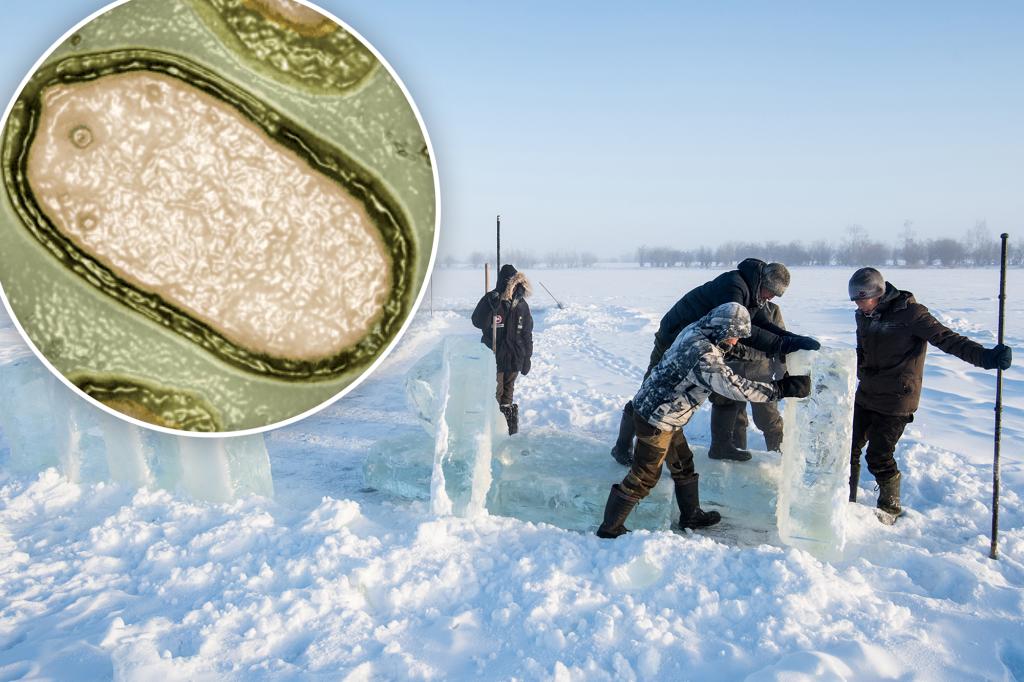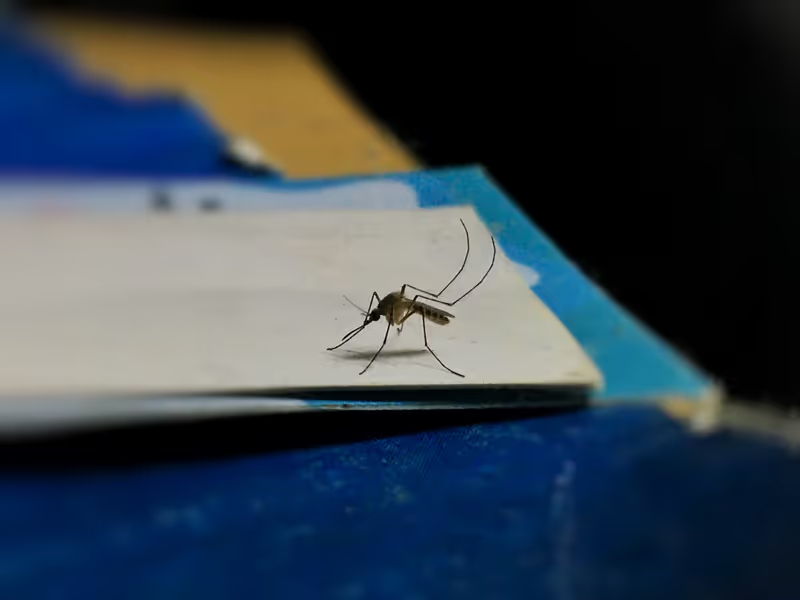Scientists Discover 48,500-Year-Old 'Zombie Virus' in Siberian Permafrost
A team of international scientists from France, Russia, and Germany have revived a so-called "zombie virus" from thawing permafrost in Siberia. The team uncovered 13 new viruses from seven different samples, one of which had been dormant under the ice for nearly 50K years.

Facts
- A team of international scientists from France, Russia, and Germany have revived a so-called "zombie virus" from thawing permafrost in Siberia. The team uncovered 13 new viruses from seven different samples, one of which had been dormant under the ice for nearly 50K years.
- The oldest zombie virus — Pandoravirus yedoma — is the oldest frozen virus to be returned to an infectious state. The discovery raised some fear of a COVID-type pandemic as scientists claim the virus remains infectious despite spending many millennia trapped in permafrost or permanently-frozen ground.
- Scientists are studying how the melting Arctic could potentially stimulate organic material — including long-dormant lethal viruses — frozen in permafrost that could potentially pose a severe public health threat.
- The pandoravirus is only known to infect single-cell organisms and does not pose a known threat to humans. The scientists urged further study on research into "live" viruses in permafrost for their potential threat to human health.
- Eric Delwart, a virologist at the University of California said, "If the authors are indeed isolating live viruses from ancient permafrost, likely, the even smaller, simpler mammalian viruses would also survive frozen for eons."
- This isn't the first time European scientists have revived a "zombie" from its frozen sleep. In June 2021, Russian scientists brought back to life multicellular microscopic animals frozen for 24,000 years in the Arctic.
Sources: FOX News, New York Post, Newsweek, Sky, New Scientist, and Live Science.
Narratives
- Narrative A, as provided by JK Health. This newly-found zombie virus could be the tip of a metaphoric epidemiological iceberg. The Earth is warming, permafrost is melting, and lethal viruses are being discovered. It is time to act before a wave of climate-catalyzed pandemics washes over humanity thanks to the damage that's been done to the melting Arctic.
- Narrative B, as provided by Scientific American. There is no evidence yet that Arctic zombie viruses have the potential to be infectious or could pose a health risk. Instead of alarmist preparations for an imminent apocalypse, it’s more sensible to study viral genomes, develop vaccines, and treat critical patients in a rational, thoughtful manner based on proven threats.






